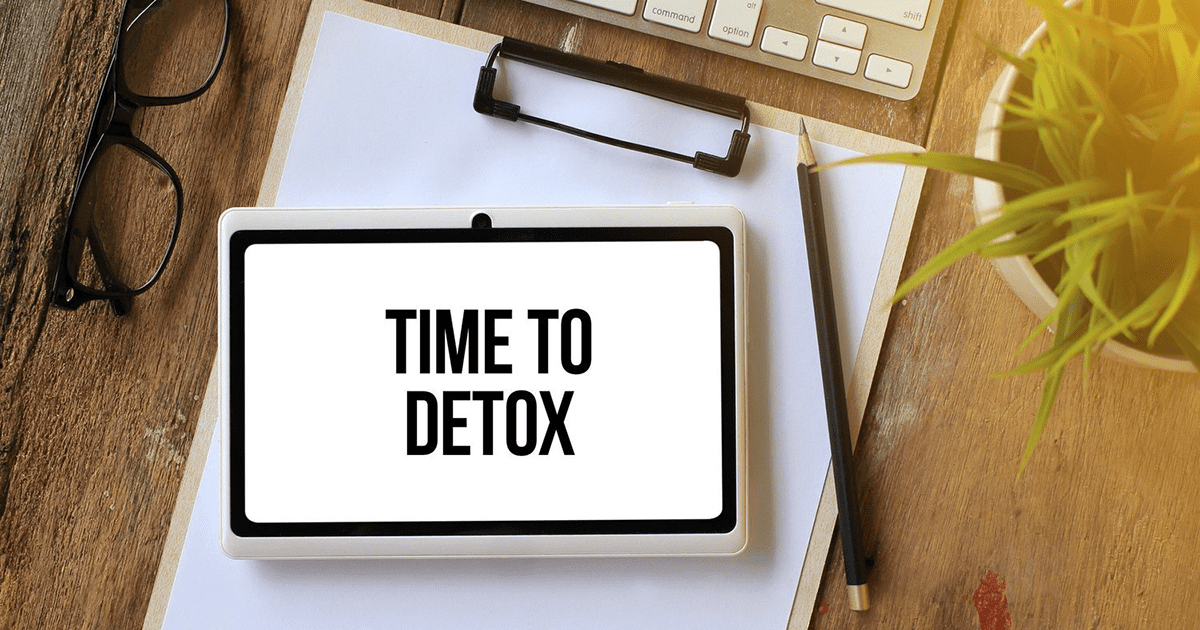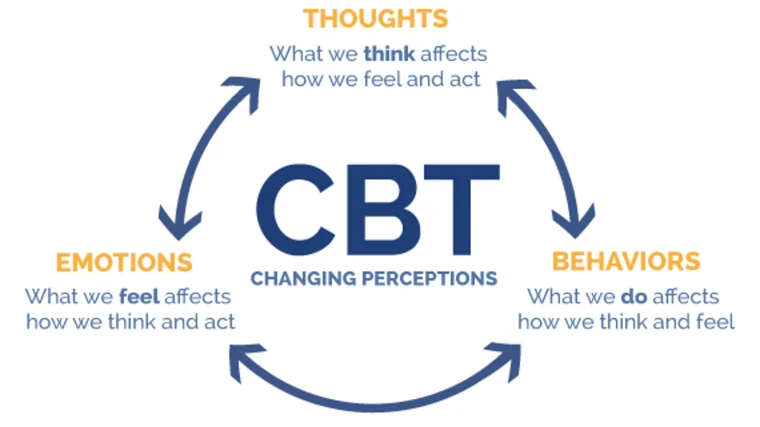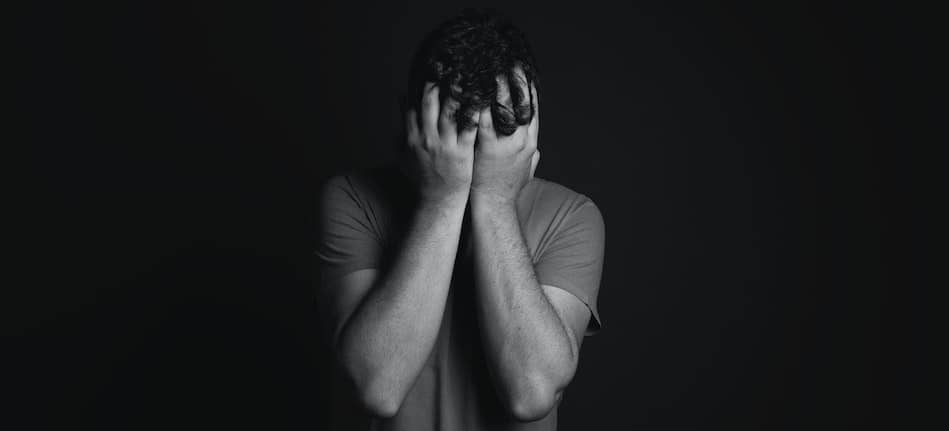Heroin is a poison that is procured from morphine. It was originally created in 1874 by the pharmacist C. R. Alder Wright and was used to help ease relief for those who are in pain or had difficulty sleeping. Heroin is classified as an opiate, which means it may have effects similar to morphine or codeine because it contains molecules that bind to molecules found on cells throughout the body called opioid receptors, which can create feelings of pleasure and relaxation
Category: Treatment
How Digital Detox Helps in Recovery from Addiction
Addiction could be caused by a number of factors like personal trauma, physical problems, low self-esteem, depression, and many more. If you or anyone you know is recovering from addiction, it is important to know about digital detox.
How Cognitive Behavioral Therapy Helps in Treating Addiction & Prevents Relapse
As the name implies, the treatment involves understanding and analyzing the behavioral patterns that are associated with addiction. For a starter, it involves observing the external and internal stimuli that are driving you towards the consumption of alcohol or any other drugs.
4 Signs that You Should Sign up for Outpatient Alcohol Rehab
Do you seem to enjoy alcohol a little more than usual? You could be suffering from borderline addiction. It is a dangerous condition that could blow over the boundary at any time. If you are not careful, you could fall into the deep trap of alcoholism and lead your life down the path of addiction.
Find the Best Alcohol Rehab in Austin
Alcohol addiction is one of the most common addictions in the world. If you are wondering how to get out of this destructive behavior then you are also a part of the large majority of Americans who are trying to make their lives better. There is good news for you.
Some Quotes To Ponder During Recovery
Addiction is a chronic degenerative disease caused by sustained use of a substance, which often contains psychoactive elements. Addiction is a misunderstood disease because during the United States’ 50-year War on Drugs, first started by President Nixon in 1971, a misconception about the nature of addiction has spread. This misconception places the blame of the […]
The Healing Benefits of Music Therapy in Addiction Recovery
Music therapy, also known as Music Assisted Therapy or MAT, is a form of expressive art therapy that is often used in addiction recovery treatment programs to encourage those suffering from substance abuse disorder (SUD) to come to terms with the underlying issues that may have contributed to their addiction and to provide a constructive […]
Demystifying Addiction Treatment
Drug addiction is a chronic health condition that inhibits an affected individual’s ability to control their behavior and impulses when it comes to their drug intake, despite the negative health and social consequences of their drug use. Drug addiction is such a dangerous disease because the long-term use of the drug affects our brain chemistry, leading to changes in our reward systems.
How To Stay Positive After A Relapse
Because addiction is a chronic disease, relapse can be a very real outcome in the recovery and addiction treatment process. Unfortunately, the likelihood of relapse can also be high. However, if you have suffered a relapse and are concerned about what that may mean for your future recovery, you should know that you are not alone. Through ongoing treatment and other strategies, there are many ways to regain your sobriety and help get you started back on the road to recovery. This article contains ideas about how to stay positive after a relapse has occurred.
Dissociative Disorders and Addiction: Causes, Symptoms, and Treatment
Dissociative disorders and addiction commonly co-occur, making recovery more difficult.1 Both conditions can make day-to-day functioning very hard, and to cope with the symptoms of a dissociative disorder, a person may be more likely to abuse drugs or alcohol.











